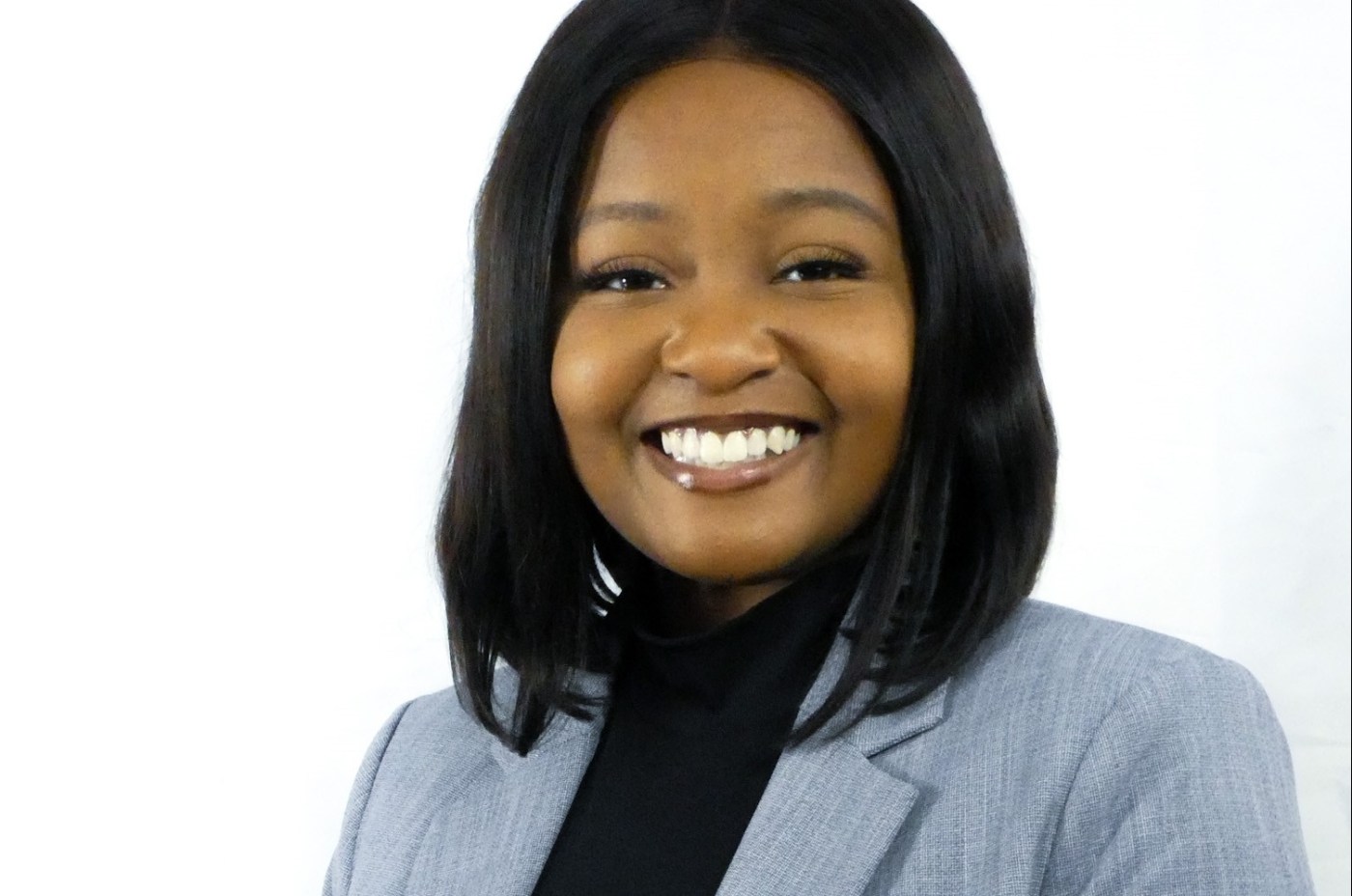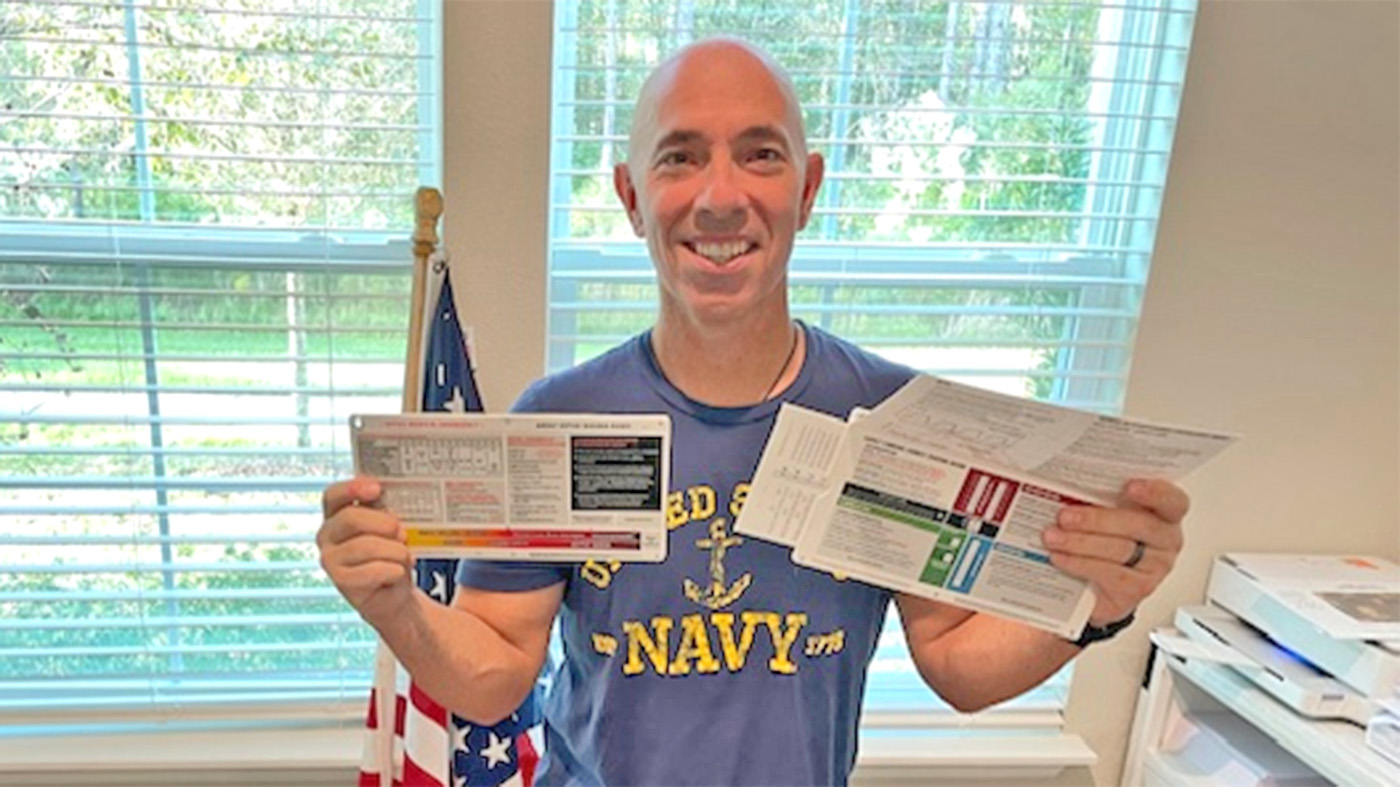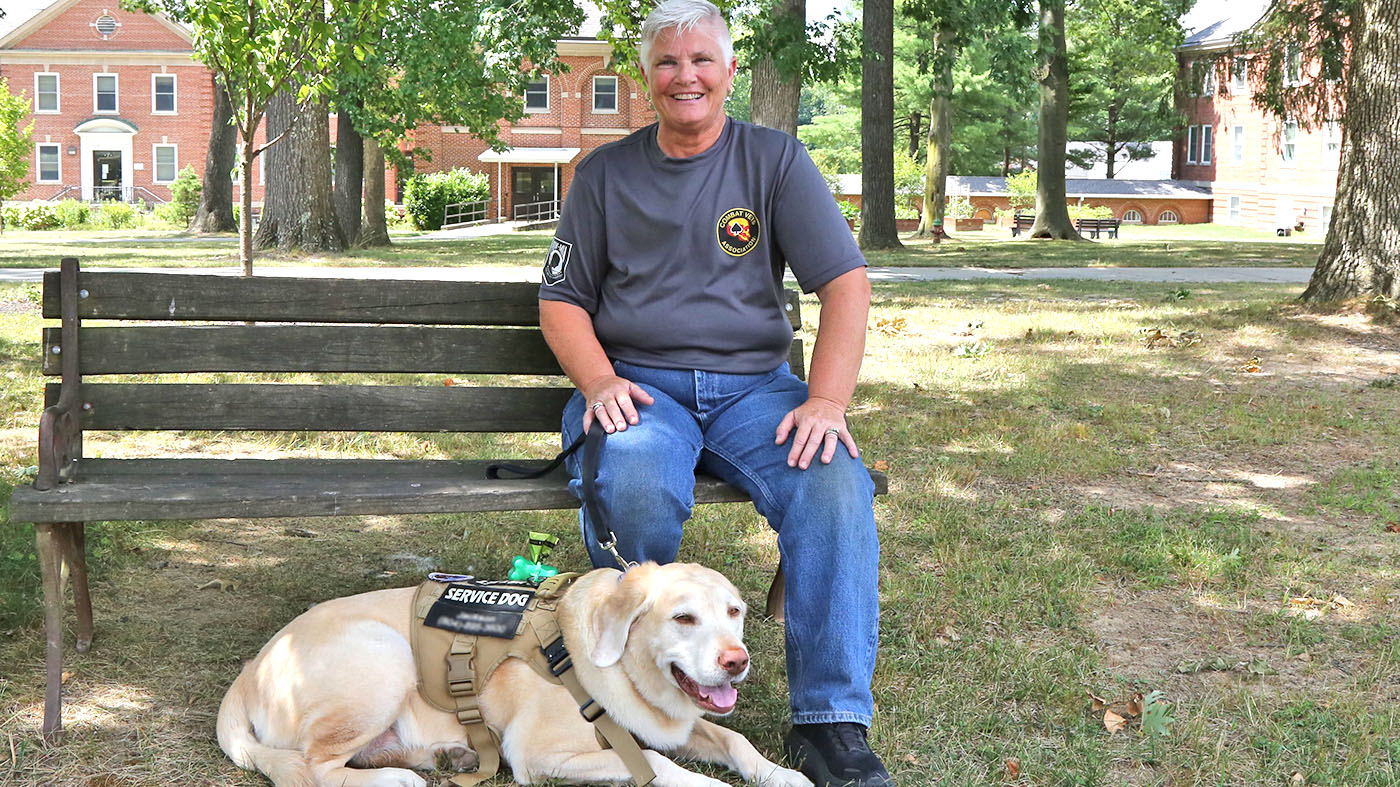Welcome to the Simulation Learning, Evaluation, Assessment and Research Network (SimLEARN) Fellowship Spotlight. Each month, SimLEARN highlights one VA Interprofessional Advanced Fellowship in Clinical Simulation (IAFCS) fellow to hear about their experience in the program.
This month, meet Norma Davis, who works at the Durham Veterans Affairs Health Care System in North Carolina as an interprofessional advanced fellow in Clinical Simulation.
Tell us a little about your background.
I was born in Detroit and raised in the central Florida area. My mother was a licensed practical nurse and my passion for medicine started with her. Since middle school, I’ve volunteered in health care spaces, and I knew that I wanted to become a physician. After high school, I pursued a Bachelor of Biology degree with a minor in chemistry and Spanish from Albany State University, a Historically Black University in Southwest, GA. My goal is to eventually work in emergency medicine and health policy. Last May, I received my Master of Biomedical Science degree from Duke University School of Medicine. Before SimLEARN, most of my health care employment was in clinical research and cardiovascular physiology.
What got you interested in formally pursuing a simulation fellowship?
After completing my master’s degree, I wanted to work in an environment that combined health policy and patient advocacy. Training to become an Emergency Medical Technician (EMT) introduced me to the modalities of clinical simulation, however, I wanted to approach simulation differently, by using it to teach strategies to reduce implicit bias. After researching the fellowship, I became interested in what could be done with simulation, especially as it pertains to interprofessionalism and strengthening communication among health care teams.
How do you believe your experience in the program will enhance Veteran care?
I am grateful to be a part of this fellowship. I get the opportunity to use simulation to combat barriers in health care. This year, I explored implicit bias in the workplace and how it can negatively affect patient safety. I’ve been working diligently to bring awareness to the subject. I hope to strengthen communication between clinical professionals and to improve the quality of patient care. As a fellow, I hope my work will transcend this fellowship and enhance the care of Veterans in my community and throughout the Nation.
What have you enjoyed about the SimLEARN Fellowship program?
I have enjoyed opportunities to learn from and collaborate with healthcare professionals from diverse backgrounds. I was granted the opportunity to share my fellowship experiences with my master’s program cohort and I encouraged them to apply. I have gained knowledge on the topics of emotional intelligence and bystander training through simulation. I feel proud knowing my work through the fellowship contributes to the quality of health care for Veterans.
What are your professional and simulation-related goals this year?
I would like to be able to use simulation to explore issues that marginalized groups face and use that information to contribute to a reduction in health disparities. Using simulation to improve bystander training has been useful in combatting microaggressions in the workplace. I also hope to improve my leadership skills throughout the year.
What are your long-term professional goals?
I want to attend medical school and become a physician. I also want to pursue law and work in health policy and administration. My lifelong dream is to join the Commissioned Corps of the U.S. Public Health Service and work to become Surgeon General.
What advice would you give to others interested in the simulation field?
I would say be open to new ideas. Diverse backgrounds and goals drive the efficiency of simulation-based learning and training, so it’s best to absorb as much information as possible to improve the quality of health care for all.
What are some of your personal interests?
I enjoy traveling and have been studying Spanish for over 10 years. Eventually, I want to visit every Spanish-speaking country. I also enjoy sewing and hiking with my dog Gucci.
About the Fellowship
The Office of Academic Associations (OAA) and SimLEARN have collaborated to establish the VA Interprofessional Advanced Fellowship in Clinical Simulation (FCS). FCS was created by The Office of Academic Associations (OAA) and SimLEARN to develop leaders with vision, knowledge and commitment to implement, teach, evaluate and advance simulation-based training strategies that will improve health care for Veterans and the Nation.
More than 20 types of Advanced Fellowships are available across the United States. More information can be found here.
Topics in this story
More Stories
Forget 'No Pain, No Gain'—try 'No Pain, More Gain' with Tai Chi! Calm the mind and gift yourself well-being in this week's #LiveWholeHealth practice.
Critical care dosing guides are critical in emergency care where a clinical team’s skill and focus matter most.
Combat Veteran faces the traumatic events of her PTSD during prolonged exposure therapy and looks forward to the days to come.






